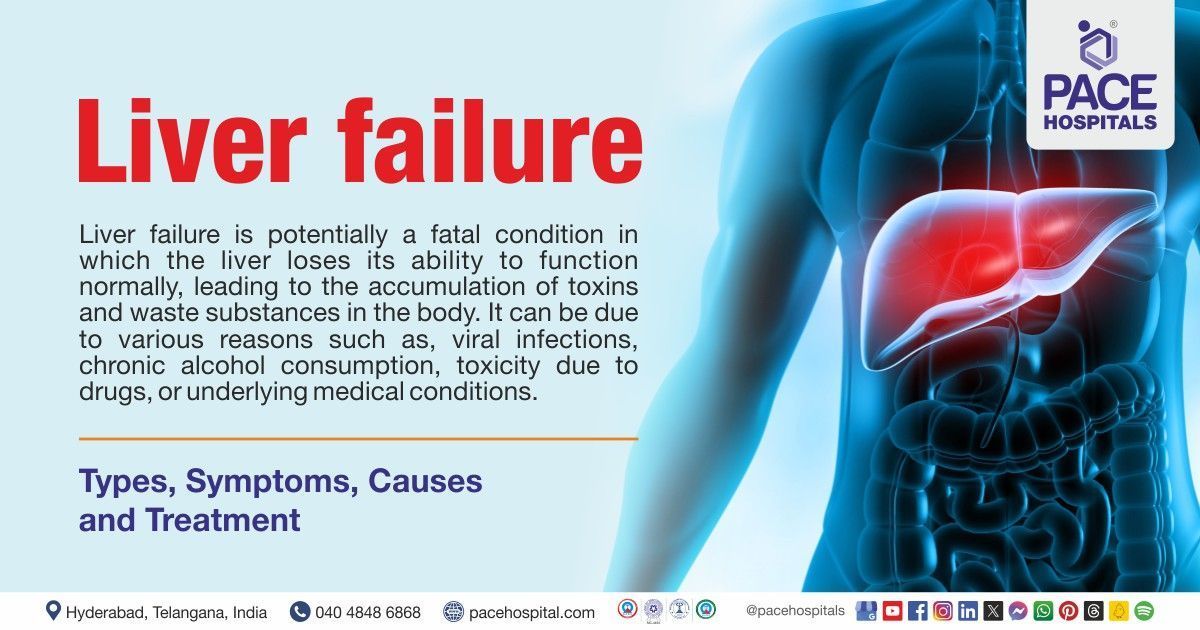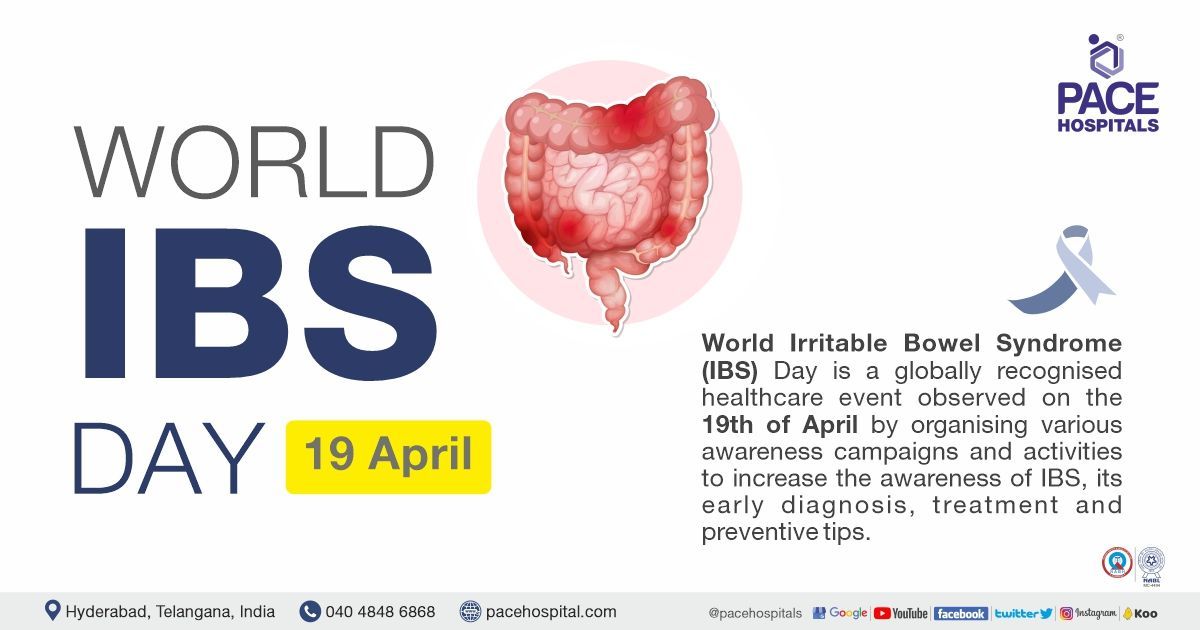Hepatorenal Syndrome: Causes, Diagnosis and Treatment Explained by Dr. A Kishore Kumar
Hepatorenal Syndrome (HRS) is a life-threatening complication that occurs in individuals with advanced liver disease, such as cirrhosis or acute liver failure. This condition is marked by a rapid decline in kidney function, despite no direct kidney disease being present. It results from altered blood flow to the kidneys due to the deteriorating liver, leading to kidney failure. Causes of HRS include severe liver damage, alcohol-related cirrhosis, and infections. Symptoms often include a significant reduction in urine output, fluid retention, fatigue, and confusion. Treatment options are limited, focusing on managing the underlying liver disease and improving blood circulation to the kidneys. In severe cases, a liver transplant may be the only definitive solution. Watch Dr. A Kishore Kumar from PACE Hospitals discuss this critical condition in detail, including its causes, symptoms, and the latest treatment options available to manage Hepatorenal Syndrome effectively.
Related resources

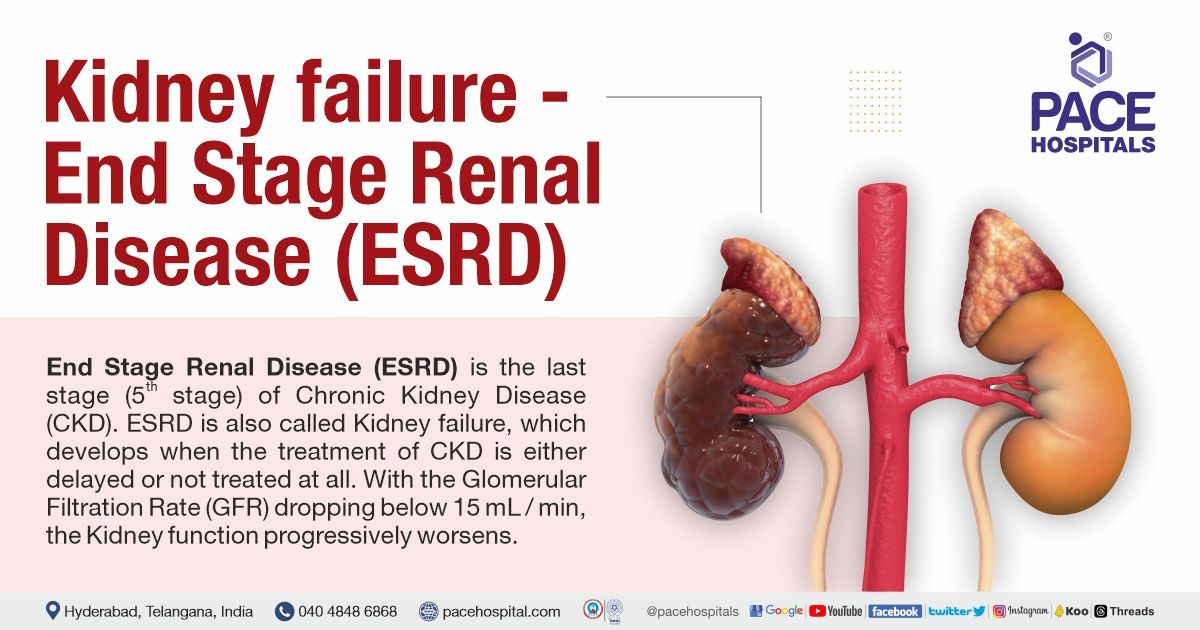
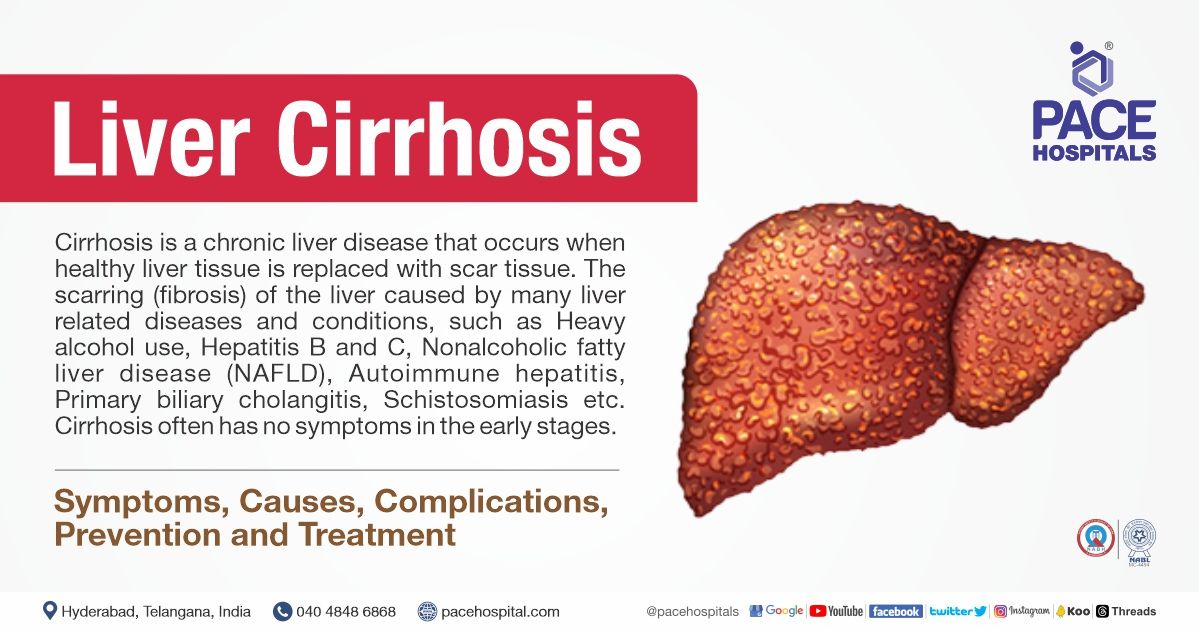
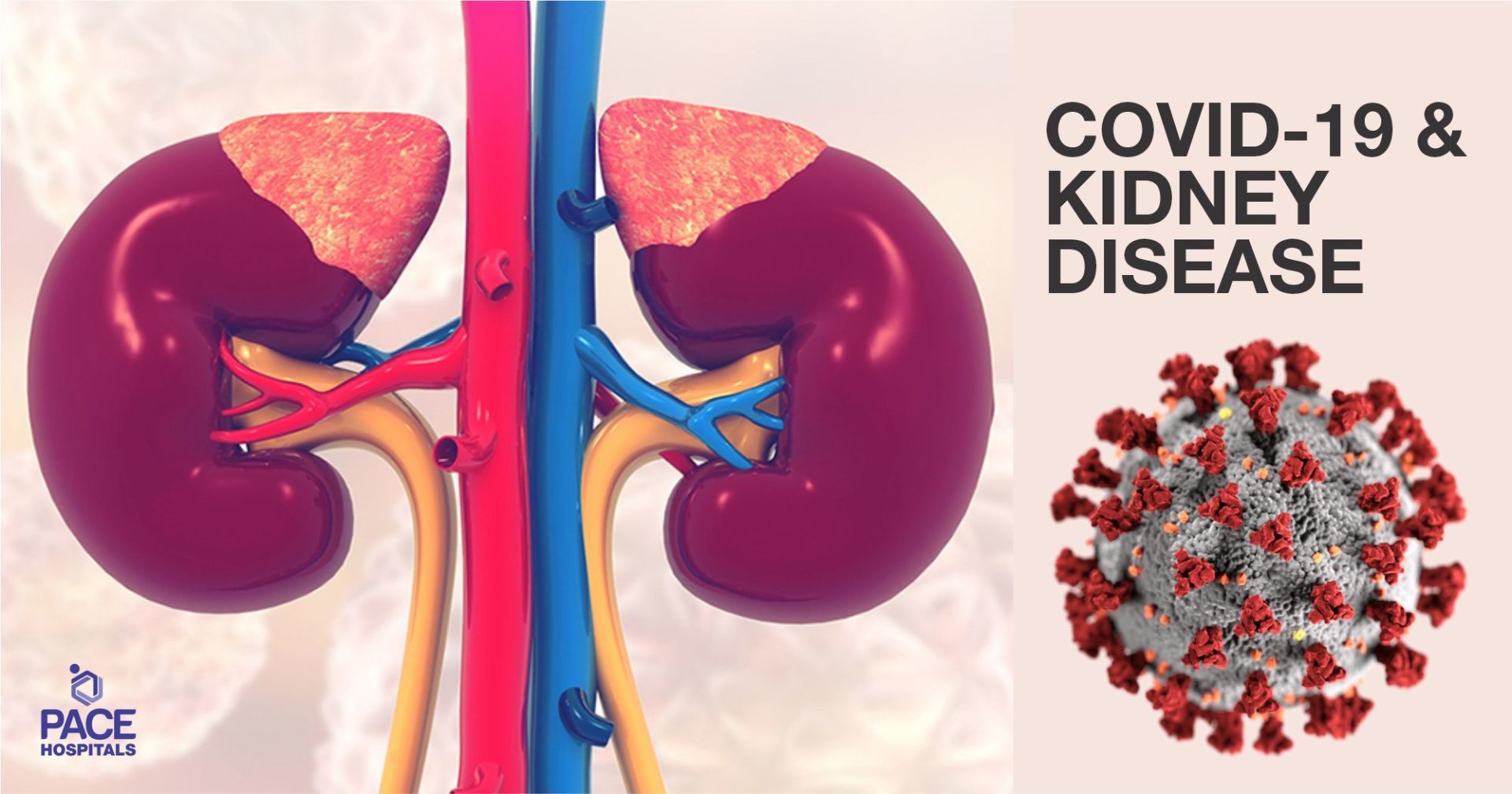
Share on
Share on
Request an appointment
Fill in the appointment form or call us instantly to book a confirmed appointment with our super specialist at 04048486868



